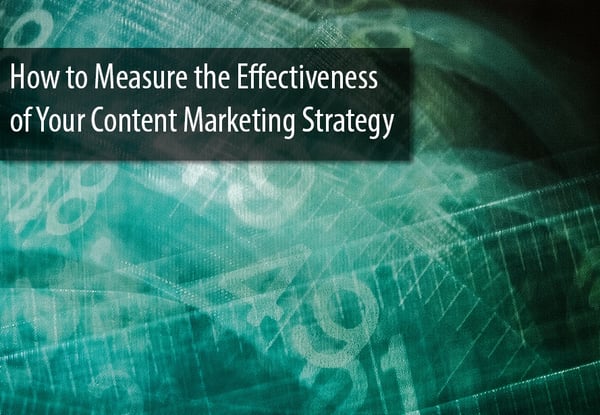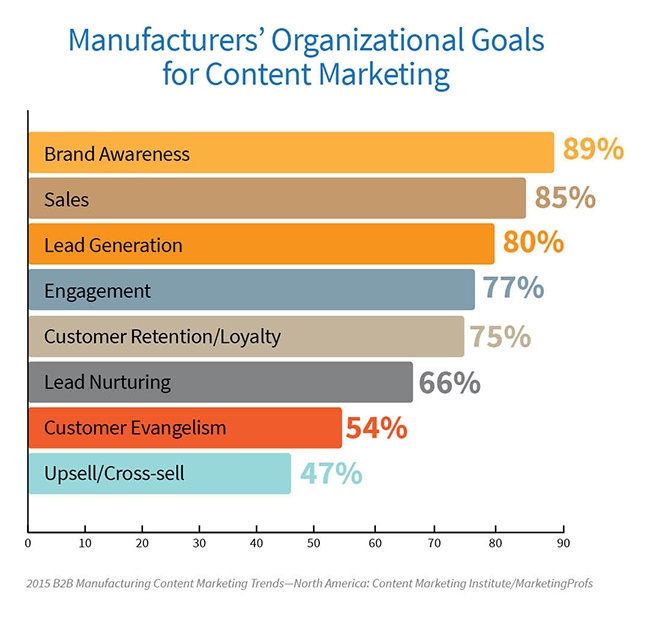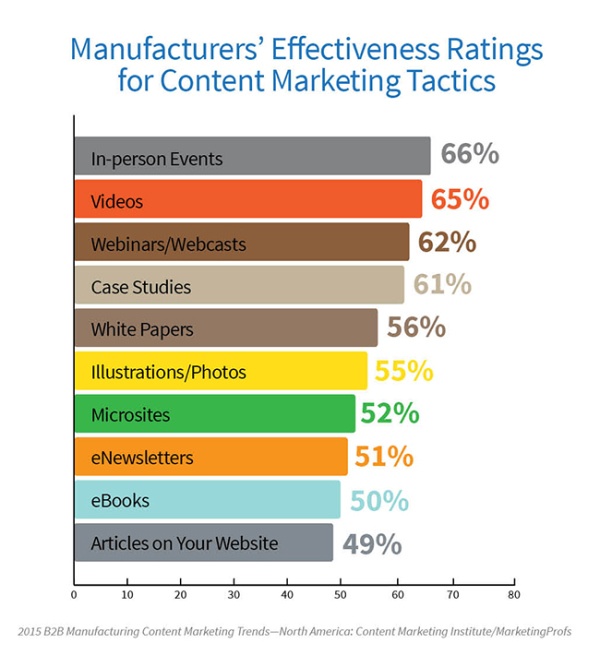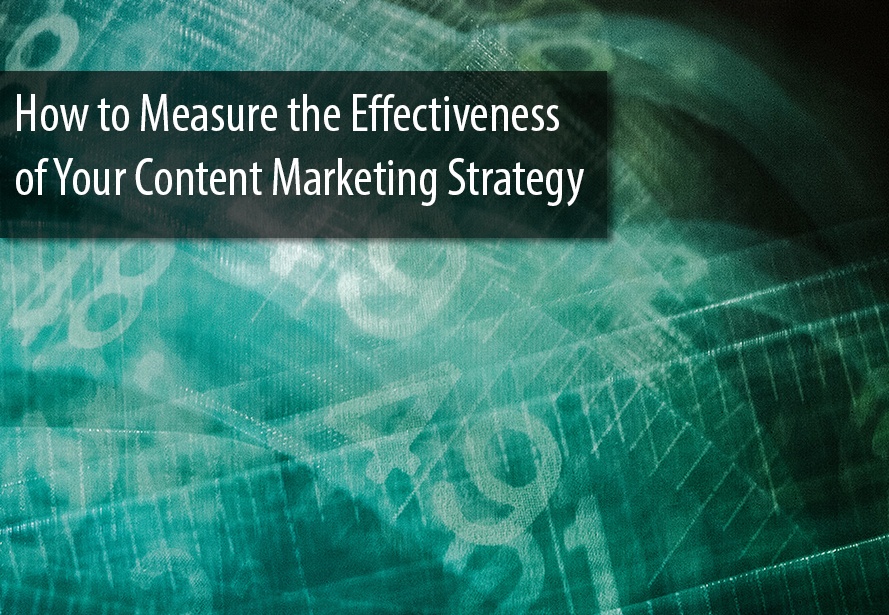Content Marketing for Manufacturing: Does It Work?

Marketing For Today's World
So you've bought in. Or you're thinking about it. You've read the statistics about content and inbound marketing and know the facts:
- It generates approximately 3 times as many leads as traditional marketing, per dollar spent.
- 70% of people would rather learn about a company through artices rather than an advert.
- 90% of people find custom content useful.
Well, you're not alone. The Content Marketing Institute did a 2015 study on B2B Manufacturing Content Marketing and found that 82% of B2B manufacturing companies are using content marketing as a strategy to drive a profitable customer action.
However, that same study found that only 26% of those companies rated it as effective in achieving their goals.
The majority of companies (44%) replied that they were neutral, meaning that they didn't know if it was effective or not, despite spending on average 28% of their budget on content marketing.
How can that be?
You Don't Know What You Can't Measure
Well actually, it can be measured, as long as you've defined 'it'. We've put together some best practices to make sure that your content marketing strategy does work and works well.
Have a Documented Content Marketing Strategy
The CMI study found that 53% of the manufacturers who have a documented content marketing strategy, believe it is effective. However, only 20% of manufacturers actually have one. So your chances of success improve significantly (35% better actually), just by thinking through your strategy and writing it down.
We believe there are six important elements in a sound marketing strategy. If you need some guidance in creating yours, this will help.
Measure Your Results
A primary reason for creating the forementioned strategy is to define your goals. Then regularly measuring those goals to track your progress is key.
For example, this graph from CMI shows that 85% of companies have Sales as a goal of content marketing. However, less than half of the companies surveyed actually use Sales as a metric.

Jay Baer describes four types of metrics and ideally you want to be checking at least one metric from each of these four types.
- Consumption metrics
- Sharing metrics
- Lead metrics
- Sales metrics
There are endless options of tools out there to help you measure the potential metrics, but if you're serious about using content to achieve your goals, it makes sense to invest in marketing automation software, such as HubSpot (our personal favorite), Marketo or Pardot.
This software is your one-stop shop to most effectively manage your content marketing strategy for all channels (blogging, email, social media, etc) as well as automate repetitive tasks and capture the resulting metrics.
Know The Most Effective Tactics for Your Industry and Use Them
CMI found that the most effective tactic for manufacturing marketing was in-person events. In that case, it would be even more powerful then to use your content to combine inbound marketing and your trade shows, or other in-person events.

If your customers are everywhere on many different channels, online and offline, multichannel marketing is essential. And multichannel customers spend more than single channel customers.
Combining traditional marketing with your content strategies for a mulltichannel approach can prove to be very successful.
CONCLUSION:
If your goals include growing website traffic, leads or sales, there are plenty of case studies which prove that content and inbound marketing do work for manufacturing companies. But your chances of success will be much higher by following these best practices.
There are few things as challenging, yet as exciting as building a marketing and sales operation from scratch. If you ever want to talk strategy, let’s chat!
Image by Sonny Abesamis via flickr, licensed under CC by 2.0

